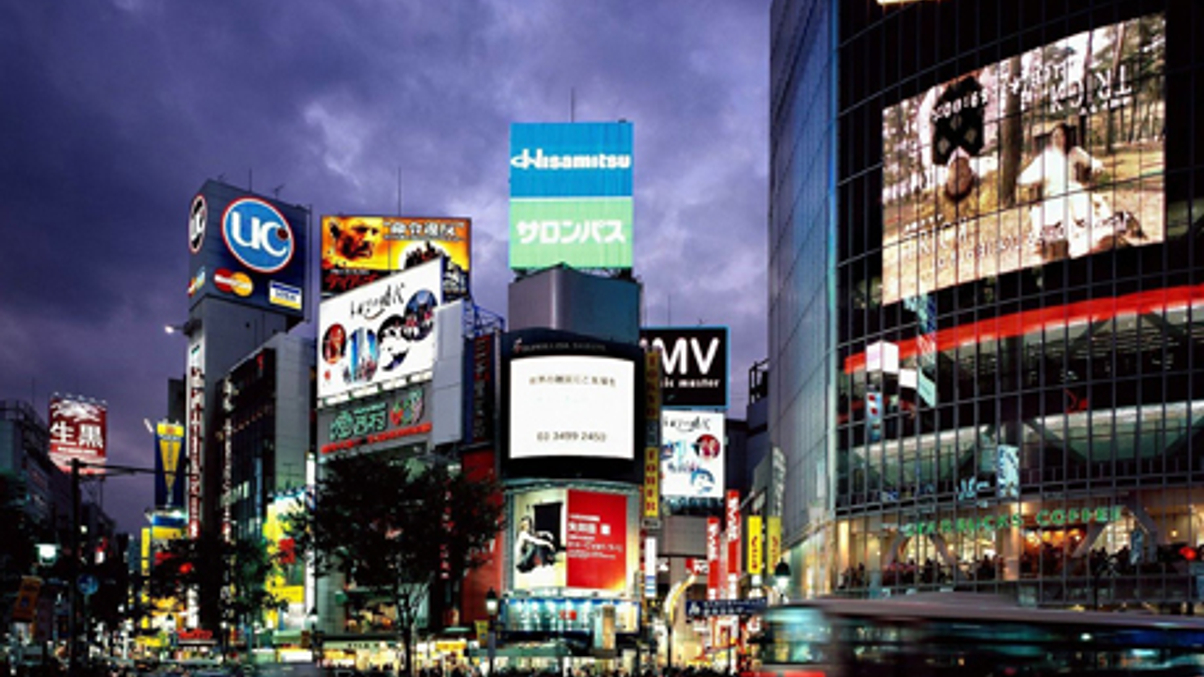Global alternatives managers rush to set up shop in Japan
The alternatives space has shown increased activity since the nation reopened after COVID-19. The influx comes as a result of both inbound and outbound capital flows, according to managers.

Japan’s asset management industry is getting increasingly crowded.
Sign in to read on!
Registered users get 2 free articles in 30 days.
Subscribers have full unlimited access to AsianInvestor
Not signed up? New users get 2 free articles per month, plus a 7-day unlimited free trial.
¬ Haymarket Media Limited. All rights reserved.


